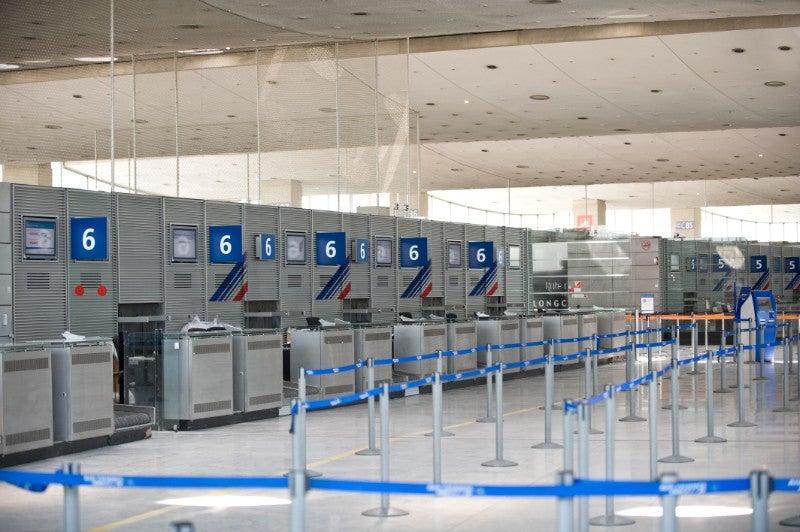At the time of writing this article, the UK Prime Minister has enforced a Covid-19 lockdown in the UK, stopping people from travelling unnecessarily. This sentiment is being echoed across the world, especially in Europe.
Indeed, Europe has closed its borders to stop the spread of Covid-19, essentially stopping travel between countries and therefore spreading the virus needlessly.
However, the side effect of these travel bans and border controls is the supply chains that the world relies on for many different goods. For now, at least, we are seeing the end of globalisation as we know it.
The worry is that this shutdown could rock the boat when it comes to borders, obviously most will re-open as normal when this pandemic ends, but will attitudes? For example, Europe wasn’t as tight as it used to be, there is Brexit of course, and then the disagreements between countries on immigration, Germany’s economy was not as strong as it used to be and European politics was shifting toward national interests.
On that last point, Covid-19 has given these countries no choice but to be more reliant on themselves (national interests); supply chains are now cut off, non-essential movement is in force and countries have to look after themselves.
These changes will obviously have an impact on consumers; products imported from Europe, China and the US will be harder to get, and we will instead rely on locally sourced produce, support local companies and think harder about what we consume.
How well do you really know your competitors?
Access the most comprehensive Company Profiles on the market, powered by GlobalData. Save hours of research. Gain competitive edge.

Thank you!
Your download email will arrive shortly
Not ready to buy yet? Download a free sample
We are confident about the unique quality of our Company Profiles. However, we want you to make the most beneficial decision for your business, so we offer a free sample that you can download by submitting the below form
By GlobalDataAttitudes may also change; consumers could have a certain mistrust toward foreign products, there may be campaigns to keep on supporting local producers, new businesses will inevitably see a gap for new products and consumers may just change their shopping habits to buy local goods.
The slowdown of globalisation may have already started. Politically, there were countries that already showed signs of cutting ties, for example; US–China and, England–Europe. There was fast growing criticism of the environmental impact of our global economy and people were starting to take notice.
Covid-19 has accelerated the slowdown of globalisation – in fact, for now it has forced it to stop – which may cause permanent changes in attitudes.
Localism will see a significant increase in the short term, and that trend will most likely continue even when borders open; consumers will be more trusting of locally produced products and will have adapted to new ways of shopping, formed relationships with local stores and most likely felt a sense of camaraderie with their community and nation.
Globalisation will of course return, but it will be different, so will the global economy, technology will play a key part and consumers will have different attitudes. Businesses will again start to thrive, however maybe just for the country they were founded.









